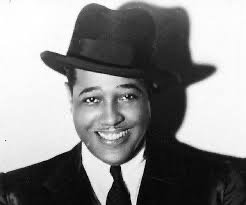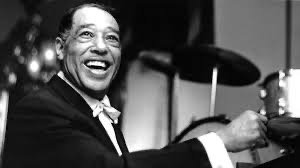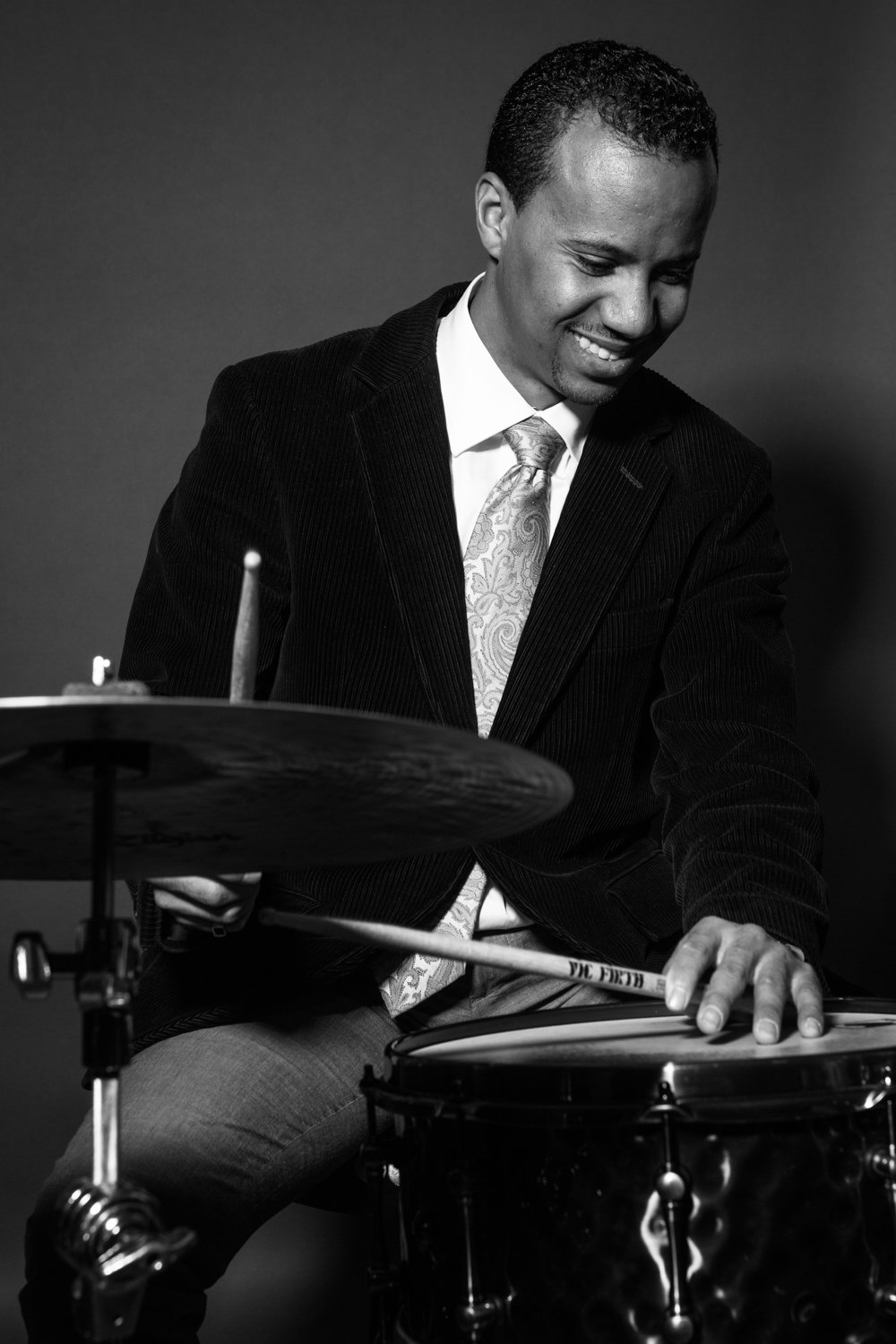GET A KICK OUT OF COLE
Exploring Cole Porter November 2022
By Darrell Smith
"Fate is being kind to me. Fate doesn’t want me to be too famous too young.”
—Edward Kennedy “Duke” Ellington
In the early 1920s there was a young man from Washington D.C. bursting with musical expression and countless ideas, eager to make his mark on the emerging jazz scene. It was during these years that Duke Ellington would meet drummer Sonny Greer and form Duke’s first version of his jazz orchestra: The Washingtonians. During these formative years, Ellington would start on the path of an illustrious career as a pianist, band leader, and most importantly a composer. From the first song he wrote in 1914 (Soda Fountain Rag), to his final tunes in 1974, Duke Ellington has written/cowritten over 3,000 compositions, making him unequivocally America’s Greatest Composer.
Kicking off a six-week series this Wednesday at Gotham, the Dal Segño Trio, led by yours truly, will take a look into the early song book of Duke Ellington starting in the mid 1920s. There are few noted hits that we’ll perform such as "East St Louis Toodle-oo", "The Mooche", and "Black and Tan Fantasy." These songs were written with the Washingtonians prior to Ellington moving to New York City in 1927. The second half of our program will feature songs by Ellington post 1927, where he cut his teeth in New York City at the world famous Cotton Club. It’s here that the Washingtonians became known as the Duke Ellington Orchestra and his music would be broadcasted nationally over the radio airwaves. Some of these post 1927 songs you will hear tonight include, "Mood Indigo", "Rockin in Rhythm" and "It Don’t Mean a Thing if it Ain’t Got That Swing.”
During his time in New York, Ellington gained national and worldwide fame by putting together a jazz orchestra with some of the most in-demand musicians. In fact, Ellington was one of the few band leaders that was able to keep his musicians on payroll even after the 1929 stock market crash. Because of his loyalty to his band members during this hard economic time, many of those members stayed with Ellington for over 40 years. With this consistency in personnel, Ellington had an extreme advantage to write for cornerstone band members instead of just any studio musician. Instead of saying Alto 1 on the saxophone stand, it would say “Johnny Hodges; instead of Trumpet 2, it would say Cootie Williams; and the list goes on. Ellington would compose his music with these individuals’ original authentic sounds in mind. He would use each of his musician's sounds like a certain color from a palette. This is the key component of what makes Duke Ellington’s music sound so unique.
As a modern day jazz artist in New York City myself, there is a standard repertoire of songs and musical catalogues that everyone should know.
One of the largest musical catalogues is Duke Ellington’s, as his musical genius spans over five decades from the 1920s-1970s. Over the next six weeks The Dal Segno trio will highlight each of those decades every Wednesday evening at Gotham from 8:30pm-10pm. We look forward to putting a modern spin on these all too familiar classics by the Maestro himself, Duke Ellington.
About Darrell Smith
Over the course of his 20-year career, New York City native Darrell Smith has played drums with some of the most in-demand musicians across many of the world’s most famous stages. From humble beginnings in the basement of his home in Staten Island, to the halls of the esteemed Fiorello H. LaGuardia High School (a.k.a. “The Fame School”), and The New School for Jazz and Contemporary Music, Dr. Smith has been recognized for his prodigious talent with numerous awards and honors (including a scholarship to the Manhattan School of Music Pre-College Division and the Principal’s Award for Excellence in Contribution to LaGuardia High School). His educational foundation from some of the most prestigious institutions in New York, along with instruction and mentorship from acclaimed musicians like Kenny Washington, Ali Jackson, Dafnis Prieto, Bernard Purdie, and Billy Hart, has propelled him to success as one of the most sought-after young drummers in the city.
As a band leader, Dr. Smith frequently performs with his Dal Segno Trio at popular New York venues where they are celebrated for high-energy, spirited performances. A recent tour brought the The Dal Segño Trio to Mumbai, India as a headliner for the 2019 NCPA Jazz Festival. He has been featured in festival performances locally and internationally at the Newport Jazz Festival in Rhode Island and the Bern Jazz Festival in Switzerland. Dr. Smith also held a residency as the drummer for the jazz brunch at Smoke Jazz Club for the last seven years.
As a composer and drummer, Dr. Smith also has extensive experience with musical theater in Off-Broadway and national productions. His original music for the New Orleans-themed play “Interludes” was featured in their performances at the 2015 San Diego International Fringe Festival and the 2017 New York Fringe Festival. Over the past several years, Dr. Smith has also played drums and percussion for productions like “West Side Story”, “The King & I,” “Pearl,” and “Magdalene.” He often contributes to live performance art and dance performances as a drummer; both improvised and composed-through pieces.
In addition to working as a band leader and drummer, Dr. Smith is a highly respected and gifted educator. His current tenure as an instructor at the world-renowned education program at Jazz at Lincoln Center has given him a platform to spread his passion for jazz to hundreds of talented young musicians around the city. He also teaches privately at Staten Island Academy and Victory Studios in his hometown of Staten Island.
Dr. Smith recently graduated with his Doctor of Musical Arts Degree from SUNY Stonybrook as a student and graduate teaching assistant with jazz program director Ray Anderson.
As of 2019, Dr. Smith is endorsed by Canopus Drums.





